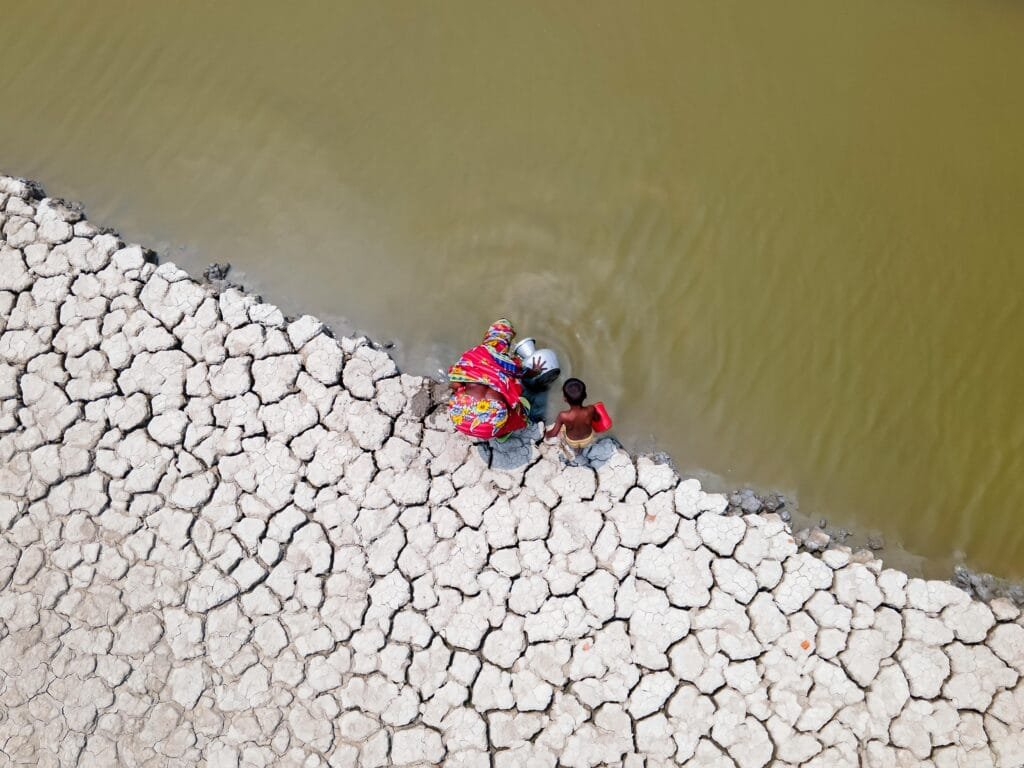Did you know that over 2 billion people already live in water-stressed areas, and this number is climbing rapidly? Water scarcity is no longer a distant problem—it’s a crisis that affects us all.
1. Defining Sustainable Water Management: Sustainable water management is about using innovative solutions to ensure everyone has access to clean water without depleting our planet’s resources.
Thesis Statement: This report highlights cutting-edge strategies like efficient irrigation, rainwater harvesting, desalination, wastewater recycling, and watershed management to combat water scarcity and build a more sustainable future.
2. Efficient Irrigation Systems
Definition: Agriculture uses about 70% of the world’s freshwater, making it a key area for improvement. Traditional methods waste water, but modern systems are transforming the game.
Solutions: Innovative techniques like drip irrigation and sprinkler systems deliver water precisely where it’s needed, cutting waste and boosting efficiency.
- In Rajasthan, India, drip irrigation slashed water use by 50% while increasing crop yields.
- California’s Central Valley farms use sprinklers to conserve water and maintain productivity.
These systems are revolutionizing farming in water-scarce regions.
3. Rainwater Harvesting
Definition: Why let rainwater go to waste? Rainwater harvesting captures and stores rain to reduce reliance on overburdened water sources.
Types of Systems: From rooftop collection to urban reservoirs, this method adapts to both rural and urban needs.
- Rural India relies on rooftop systems to survive droughts and irrigate crops.
- Melbourne, Australia, uses urban storage systems to bolster its municipal water supply.
Rainwater harvesting is a simple yet powerful tool for water security.
4. Desalination Technologies
Definition: Imagine turning seawater into drinking water. Desalination makes this possible, offering hope for coastal and arid regions.
- Israel leads the way, with over 50% of its drinking water coming from desalination.
- Saudi Arabia’s large-scale plants keep its desert cities hydrated and thriving.
Sustainability Enhancement: Solar-powered desalination plants are emerging as a greener solution, reducing energy consumption and environmental impact.
5. Wastewater Treatment and Recycling
Definition: Why waste water when it can be reused? Treating wastewater transforms it into a valuable resource for agriculture, industry, and even drinking.
- Singapore’s NEWater meets 40% of the city’s water demand through advanced recycling.
- California’s recycled water supports its massive farming industry while conserving freshwater.
Recycling wastewater is a game-changer for water conservation and pollution reduction.
6. Watershed Management
Definition: Watersheds are nature’s water filters and storage systems. Managing these ecosystems ensures clean, reliable water for everyone.
- New York City protects its watersheds, saving billions on filtration costs while ensuring clean drinking water.
- Brazil’s reforestation projects in the Atlantic Forest improve groundwater recharge and biodiversity.
Healthy watersheds are the backbone of sustainable water systems.
Summary of Key Points: From precision irrigation to watershed restoration, sustainable water management offers practical solutions to today’s water challenges.
Call to Action: Governments, businesses, and individuals must act now to adopt these practices and secure our water future.
Vision for the Future: Imagine a world where every drop of water is valued, conserved, and shared equitably—a future we can achieve through innovation and collaboration.

